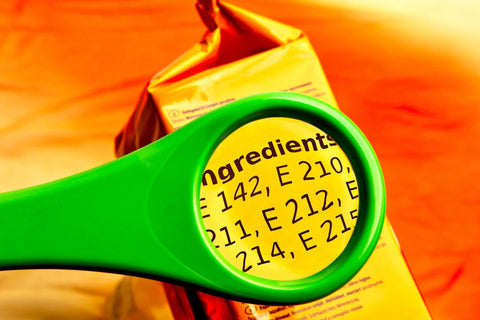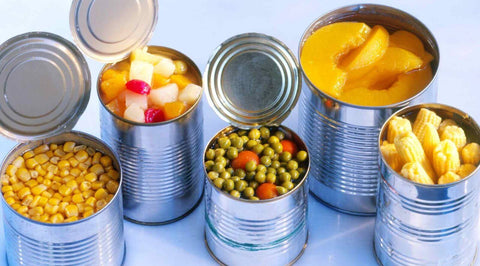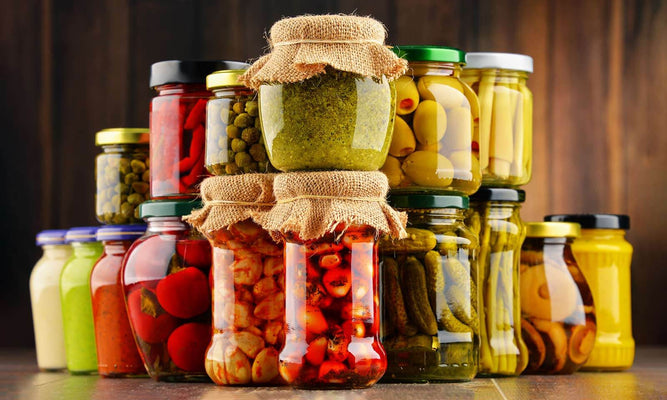In the lives of our ancestors, food was prepared mostly to be consumed right away. The modern world has developed technology that enables us to manipulate the duration of different foods and so, make our everyday life easier.
In today's world, modern food manufacturers use different techniques of production and storage to satisfy market requirements. Different additives are used to prevent food deterioration, and one of them is preservatives.
Even though these technologies made our diet more practical, the question that arises is: what exactly are preservatives, and how do they influence our health?
There is no doubt that our diet should be balanced to satisfy our needs, which can be achieved through diverse grocery choices and healthy food supplements.
But are the foods with the additives the ones to avoid? You may get your answer in the text below.

What is the main function of preservatives?
Preservatives have several roles in keeping food acceptable for consumption. First of all, it prevents the growth of bacteria and other microorganisms that can spoil the food or cause illnesses. By doing that, it extends the durations of different products.
Another very important role is to maintain the texture, colour and taste of certain food during longer periods. All of this makes our everyday life much easier, giving us more food choices during longer periods, and also it prevents the waste of food which has overall economic benefits.
Some people are concerned that preservatives impoverished food from its needed natural ingredients. Vitamins and minerals are indispensable for our everyday functioning. Chewwies supplements such as multivitamin gummies are a great way to replenish our organisms with needed nutrients.
Types of preservatives
Preservatives might have a negative connotation, but this word also covers some of the natural everyday additives, used in every kitchen. Substances like vinegar, salt, sugar and other different spices have been used for centuries to prolong the food duration.
Except for the natural ones, we have artificially created preservatives. Nitrates are used to preserve processed meats like sausages or bacon. Antioxidants prevent the decline of oils and fats.
Sulfites are used in vegetables, wine and dried fruits. Benzoates prevent salad dressings from souring, and sorbates are used in products like fruit juices and jams.

Should we avoid food with additives?
In modern food manufacture, the lists of additives such as preservatives and artificial sweeteners are common sights on product declaration. The concern is growing in the general public, if these products are safe for consumption.
Preservatives give us a lot of comfort regarding food choices and their duration, however, there is a lot of controversy surrounding these additives due to the doubts that they consist of carcinogenic properties and that they may cause potential allergic reactions.
The good news is that there are regulatory agencies whose job is to evaluate the safety of certain additives, before letting them in the market. Those agencies also estimate dates on which it is acceptable to consume additives. This safety measure is known as the acceptable daily intake, and it should ensure their consumption.
Despite all of these measures, people are getting more and more aware of additives, and are seeking their natural substitutions. This fact had a positive influence on some food manufacturers, as they started to explore some natural preservatives or reduced the synthetic ones.
Conclusion
Preservatives are additives used to prolong the duration of certain foods. By doing so, we have a bigger choice for our everyday diet. It keeps the taste, colour and composure of food, as it prevents the growth of certain bacterias, which gives the comfort of having some food in disposition for longer periods.
However, a lot of people are concerned about the safety of food containing those additives due to doubts that those ingredients can be cancerogenic. Fortunately, there are agencies such as The Food and Drug Administration (FDA), and the European Food Safety Authority (EFSA), that guarantee its safety for consumption.


